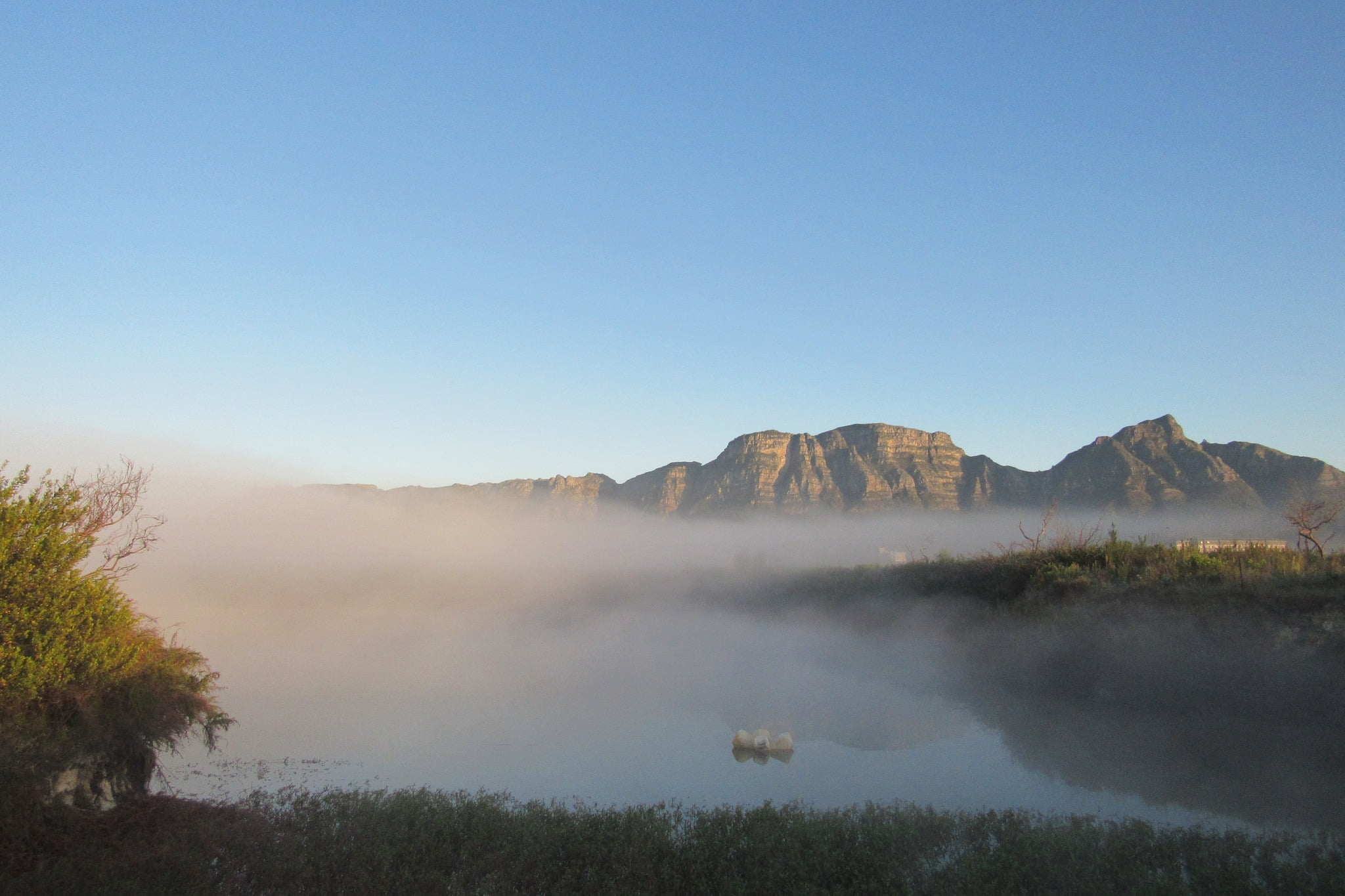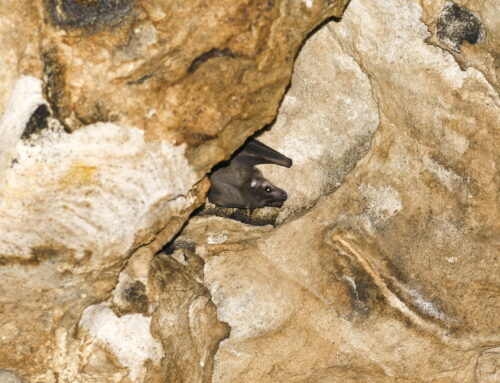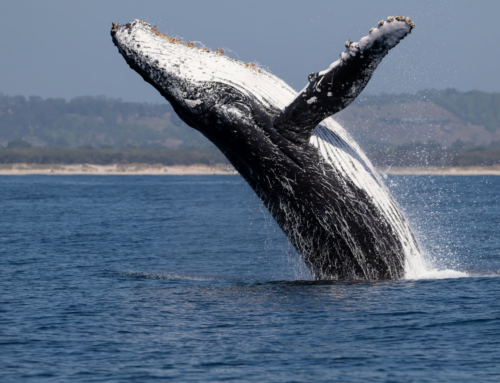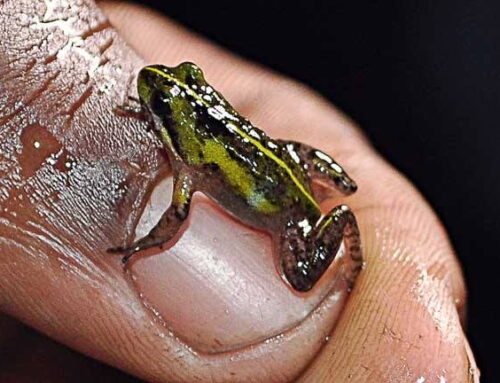Written by intern, Peter van Munnen
Cape Town, South Africa, is a place of unparalleled beauty. Its striking landscapes, from the iconic Table Mountain to pristine beaches and unique ecosystems, make it a must-visit destination for travellers seeking both adventure and relaxation. As we celebrate World Tourism Day, it’s the perfect time to explore how tourism is playing a pivotal role in the restoration of Cape Town’s natural wonders.
A Journey Through Tourism’s Past
Before diving into the conservation success story of Cape Town, let’s take a quick journey through the history of tourism. Tourism isn’t a modern invention; it has ancient roots. People have been traveling for leisure and cultural exchange for centuries. However, it wasn’t until the 18th and 19th centuries, during the Industrial Revolution, that travel became accessible to more people. The 20th century brought innovations in aviation and automobiles, allowing us to explore the world more than ever before.
The Eco-Challenge of Cape Town
Fast forward to the 21st century, and Cape Town faces new challenges. Its popularity as a tourist hotspot has led to environmental degradation. The delicate ecosystems of this region have been under threat, but there’s a twist in this story. Tourism has emerged as a powerful ally in restoring and preserving these unique natural treasures.
The Financial Boost
One of the most concrete ways, tourism contributes to Cape Town’s ecosystem restoration, is through economic support. The revenue generated from tourism activities funds various conservation initiatives. Whether you’re paying entry fees to protected areas (which are much higher for foreign visitors), joining guided nature tours, or experiencing wildlife encounters, your contribution goes directly into projects aimed at restoring the city’s ecosystems.
Education and Advocacy
Tourism isn’t just about sightseeing; it’s also a powerful tool for education and awareness. Visitors who come to Cape Town often leave with a newfound appreciation for the environment. Their experiences in these ecosystems transform them into passionate advocates for conservation, both within the city and in their home regions. This ripple effect of awareness and advocacy extends the reach of conservation efforts far beyond Cape Town’s borders.
Local Benefits and Stewardship
Beyond the financial aspect, tourism creates jobs for local communities, many of which are directly linked to conservation and ecosystem restoration efforts. This not only improves the livelihoods of local residents but also fosters a sense of ownership and stewardship among the community. When people realise the value of their natural heritage, they become active participants in its preservation.
Personal Perspective
As an ecology student from the Netherlands. I was born in a country with a long history of international exploration and cultural exchange. This has had a wide variety of consequences, which ranged from being very positive to extremely negative. Analysing the exact nature of these complex dynamics falls outside the scope of this article, but what is important, is that this multicultural heritage created an environment that allowed me to obtain a global worldview from an early age. When I was growing up, I was very curious of what the world had to offer. The desire to explore, nurtured by my upbringing, is what resulted in me inevitably… becoming a tourist. Now, I associate this word with the stereotypical picture of a person, dressed in Kaki, flying halfway around the world for a 7-day luxury safari tour. But as the Merriam-Webster dictionary defines a tourist as “one that makes a tour for pleasure or culture”, I have no chance of denying my partial identity as a tourist. And as we have seen, there is absolutely no reason to do so, as the positive role, modern tourism can play in ecosystem restoration efforts becomes ever more apparent. Even though, I will no longer deny that I am a tourist, my reasons for coming to Cape Town do not perfectly align with this definition. I came here to do an internship at Nature Connect, and even though that is most definitely a pleasure, I only feel like a part-time tourist.
A Conservation Journey in Kenilworth
My work with Nature Connect has been centred around the Kenilworth Racecourse Conservation Area (KRCA). A place of immense ecological importance. KRCA is located within the Cape Floristic Region, an area of global biodiversity significance. The conservation area protects Cape Flats Sand Fynbos, a critically endangered vegetation type endemic to the City of Cape Town. With less than 2% formally conserved, the preservation of this unique ecosystem is vital.
In my work at KRCA, I’ve had the opportunity to contribute to the conservation of plant species that are in danger of extinction. The team ensure that plants propagated in the nursery are taken from the conservation area itself to avoid genetic contamination. Our mission is not only to conserve these species but also to actively contribute to their restoration within the Cape Flats Sand Fynbos. Currently there are plans being developed that would improve this hidden gem’s accessibility for the local (as well as much less local) public. But if you cannot wait until this is all realised, you might be interested to join one of our frog tours or spring walks (see KRCA Instagram account).
Conclusion
In conclusion, tourism is evolving from a potential threat to an essential ally in restoring and preserving Cape Town’s ecosystems. By fostering sustainable practices and channeling resources into conservation efforts, tourism ensures that Cape Town’s natural wonders continue to captivate visitors while safeguarding the planet’s invaluable biodiversity. Even though the boundaries of what constitutes as tourism can sometimes be blurry, let’s, on this World Tourism Day, celebrate the power of travel to protect and preserve the stunning beauty of our planet’s natural treasures.






